
A common oppressor
NAQD 43 (2024)
The lurid past of French colonial expulsion and incarceration: of Algerians sent to French Guiana; Jews interned in camps termed ‘battalions’; and French colonized peoples replacing convicts as forced labour.

The lurid past of French colonial expulsion and incarceration: of Algerians sent to French Guiana; Jews interned in camps termed ‘battalions’; and French colonized peoples replacing convicts as forced labour.

Reappraising Keynes and Hayek: cartoon figureheads on the frontlines of an ideological war; clearing the ground for an honest debate by debunking Keynesian and Hayekian myths; and the paradox of Hayek’s theory of markets as information networks.
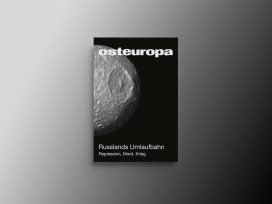
Repression, murder, war: on the logic driving the Putin regime toward ever-greater excesses of violence. Featuring Yuri Andrukhovych on the Russian colonial empire – the only ever to have tried to reconquer a former possession. Also: articles on Navalny, and on what next for Georgia?

Rituals as collective practices: why rituals offer solutions to the problems of our rationalist age; an example of ritualism cum eco-activism; artivism and AIDS campaigning in the 90s; and how sorcery can save the planet.
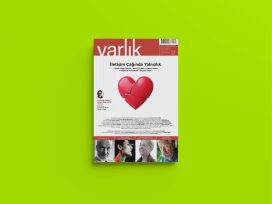
The case for more embodied communication; on digitalisation and the privatisation of art; a balanced view of gaming; the historical roots of social polarisation in Turkey; and isolation in the films of Nuri Bilge Ceylan.
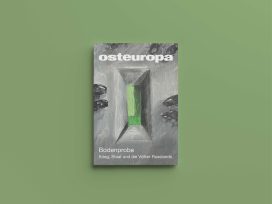
Why the Russian Federation is a de facto empire despite the 1993 constitution; why Putin’s imperial but anti-ideological variety of Russian nationalism dominates; why Chechnya remains an open wound on the body politic; and feeling the impact of the Putin regime’s clampdown on intellectual freedoms.

On Olympic ideals and real-world interests: who benefits from the IOC’s policy of apoliticism? Republican games: On France’s hope for a ‘new national narrative’. Capitalist games: ‘Faster, higher, stronger’ as the watchword of the global city.

On the space to the left of European social democracy: Eurocommunism’s continuing legacy; reflections on the rise and fall of Eurocommunism in the UK; and everyday communism in the Austrian city of Graz.
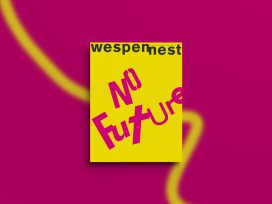
Historicizing Doomsday: how West German ’80s pop marketed angst; why the next generation doesn’t want to live fast and die young; whether we’ve really reached tipping point; an what ‘no future’ meant for early Christians.
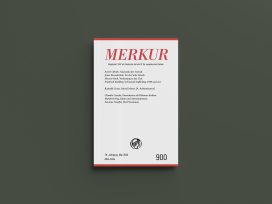
In Merkur 900: how the myth of Islamic antisemitism serves the apologists of violence; what the concept of dictatorship conceals about democracies; and why Rainald Goetz is trying not to grow cynical with age.
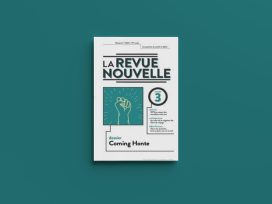
Shame as political, historical and linguistic category: how shame came to be used to control women; why school is a place both of social mobility and social shame; and whether MeToo marked the end of shame as we knew it.
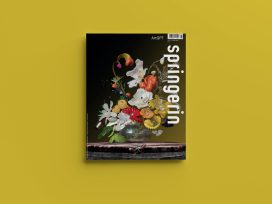
Artificial intelligence beyond good and evil: connectionist vs. symbolist logic and how to programme creativity; why the algorithmic gaze reproduces neocolonialism in the Middle East; technophobia and what sci fi gets wrong about robots.
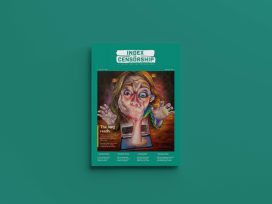
Political exiles living in fear: how the Kremlin’s repressive machinery operates far beyond Russia’s borders; why Turkey is no longer a safe haven for foreign dissidents; and the ways new technologies are facilitating transnational repression.
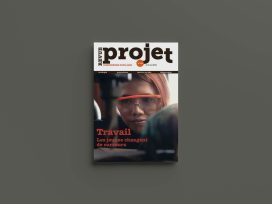
Young perspectives on work: the different value systems of labour; nuances in work-life meaning and purpose; what wage emancipation looks like; and why more responsibility for workers can revitalize the French business landscape.
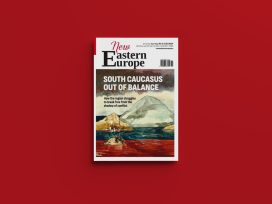
Three decades of social upheaval: how geopolitical forces within and beyond the South Caucasus continue to displace the region’s populations; the prospects for peace between Armenia and Azerbaijan; and Georgia’s imperilled democracy approaching a watershed moment.

Queer histories in Estonia(n): featuring 19th-century writing defying heteronormative expectations; why ‘cis-gender’ is a useless concept; Russian-speaking LGBT+ activism; and a history of trans rights in Spain.